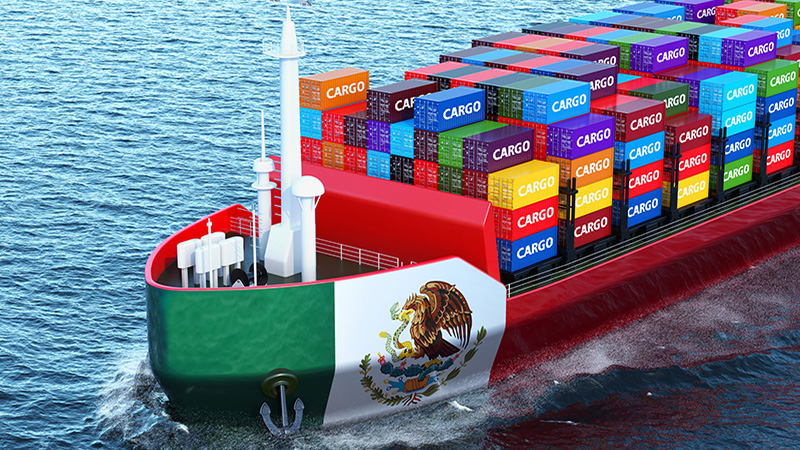As trade relations remain in a state of disarray between powerhouse nations US and China, nearshoring looks to be taking hold as the path forward. And while many regions in the emerging markets sector sit within swiping distance of wars, Latin America has found itself in a promising position as a neighbour to the US and separated from conflict.
The positioning has led to a slew of American companies setting up shop throughout Latin America, including ‘magnificent seven’ member Tesla announcing plans to build a factory in Mexico. Latin America has also benefited in the opposite direction, with Chinese companies manufacturing in the region in order to sell products to the US.
Global power shifts
Sam Vecht, co-manager of the BlackRock Latin American investment trust, sees the world splitting into three groups as economic and political power shifts.
“In this new regime, countries appear to align with either the US or China, depending on where their economic and military interests lie. This is likely to shape trading patterns and economic partnerships over the next decade,” Vecht says.
“There is, however, a third group. These are countries not aligned with either side and, in our view, are in a far better position to forge trading links, to gather foreign direct investment and to source precious materials necessary for infrastructure building. Many Latin American countries recognise the advantages in steering a neutral path.”
Within Latin America, Mexico stands out as a particular beneficiary, according to Laurence Bensafi, portfolio manager, emerging market value equity strategy at RBC BlueBay Asset Management. “If you look at the rise of nearshoring and deglobalisation, Mexico is one of the best-positioned countries in the world. It is close to the US, and is relatively friendly with them,” Bensafi says.
“It is a democracy, and the cost of labour is extremely low compared with other countries. Labour in Mexico costs less than half of what it costs in China and is obviously a fraction of what it is in the US. In fact, Chinese companies are now turning to Mexico to produce goods, on top of other [countries]. Business is therefore booming in Mexico; there are companies from the US, China and Europe all wanting to increase their capacity in Mexico – we have seen that on the ground.”
Read the rest of this article in the June issue of Portfolio Adviser magazine










